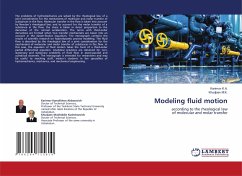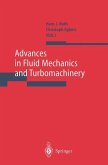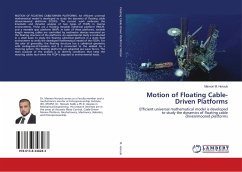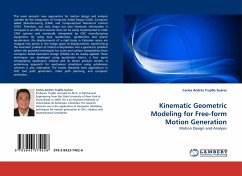The problems of hydromechanics are solved by the rheological law of a joint consideration for the mechanisms of molecular and molar transfer of substances in the flow. Molecular transfer in the flow is taken into account by Newton's rheological law, and to account for the molar transfer of a substance in the flow, the stress is taken in direct proportion to the derivative of the normal acceleration. The terms with third-order derivatives are formed when two transfer mechanisms are taken into an account in the Navier-Stokes equations. The monograph contains the results of scientific research on hydrodynamic process modeling. The fluid flow is described by the rheological law of a joint consideration for the mechanisms of molecular and molar transfer of substances in the flow. In this case, the equation of fluid motion takes the form of a third-order partial differential equation. Analytical solutions are obtained for non-stationary and stationary problems of fluid flow in plane-parallel and cylindrical channels. The monograph is intended for researchers and may be useful to teaching staff, master's students in the specialties of hydromechanics, mechanics, and mechanical engineering.
Hinweis: Dieser Artikel kann nur an eine deutsche Lieferadresse ausgeliefert werden.
Hinweis: Dieser Artikel kann nur an eine deutsche Lieferadresse ausgeliefert werden.








